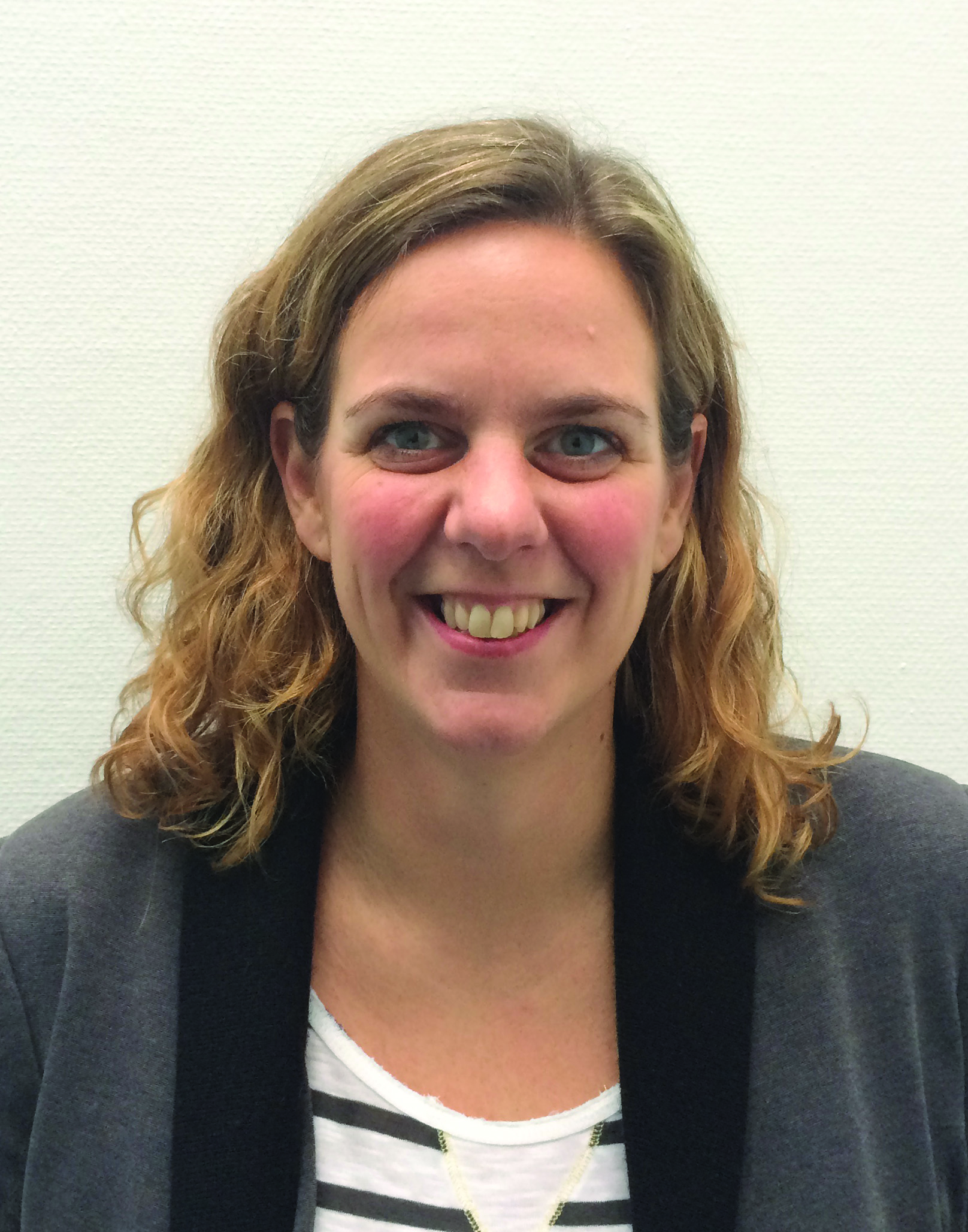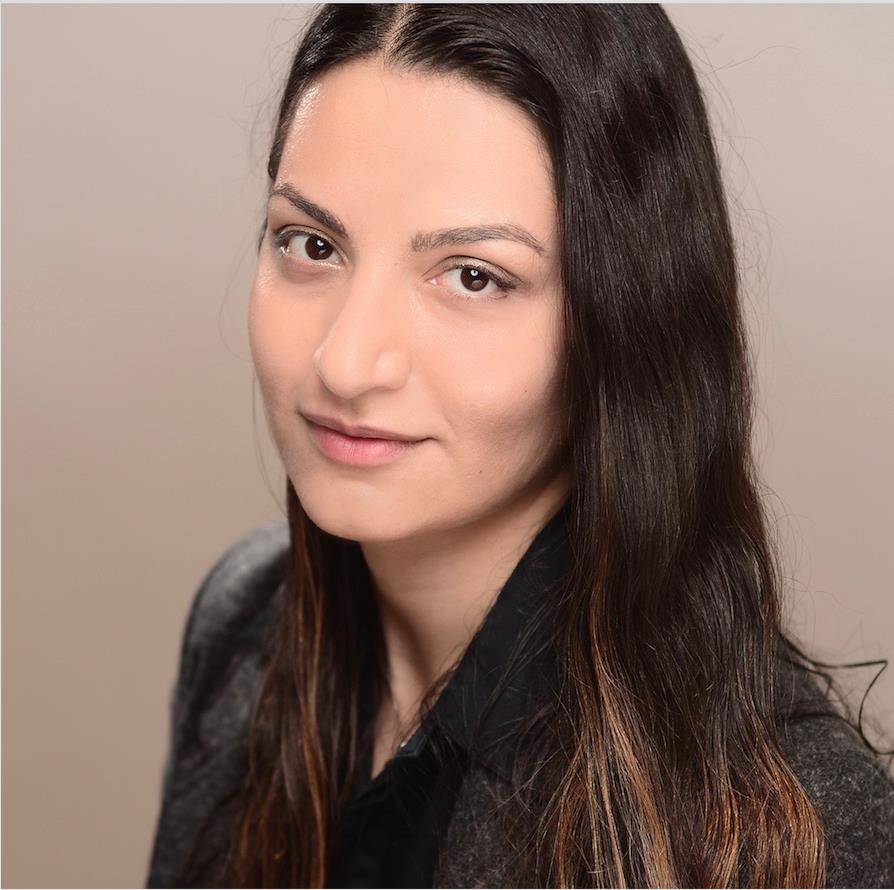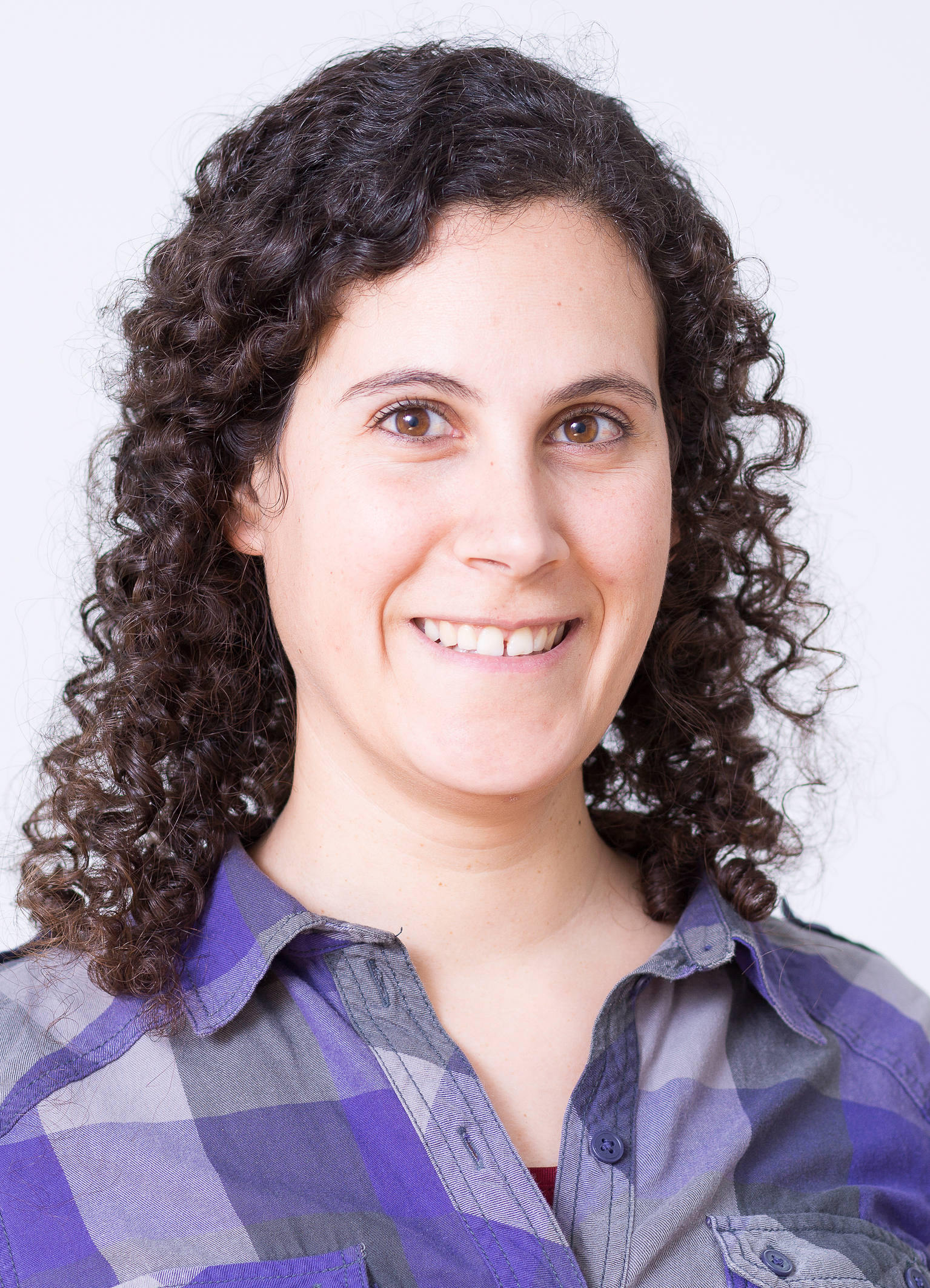What is Mentoring?

A successful career in a research field is more than just delivering optimal results at work. Visibility and networking is paramount when pursuing a career in science. Formal and informal rules in academia have to be taken into account. All this can be tackled with the help of an experienced person, the mentor. She empowers the less experienced person, the mentee, to move forward with confidence along her career path by providing her with support, encouragement, insight, advice, and (often crucial) information for making informed decisions.

My mentee is a very enthusiastic, intelligent young scientist with already a good view of her future career. I have enjoyed discussing the steps she planned and sharing choices that I myself made in the various stages of my career. Moreover, I enjoyed seeing her grow and become more aware of her possibilities and options, and that she started to trust her own plans and ideas.
As a young scientist, several questions can come up, for example:
“How can I take the next career steps after successfully completing my thesis?”
"What are my career possibilities after the postdoc phase?"
“How can I combine a family with a career in academia in natural sciences?”
“How do I improve my personal standing in competitive situations?”
Mentoring can be of significant importance when trying to answer these questions. It is an established process-oriented method of supporting and advising someone with less experience to help them develop their career. The mentor gives advice and shares her experience with the mentee. Career options or current professional challenges can be discussed and next career steps can be planned with the helpful insight of a mentor. When developing future leaders in science mentoring is one of the key factors. It enables the mentees to develop personally and professionally. It eases career decisions and reflection on individual career strategies. Mentoring provides knowledge about scientific management functions and about structures, processes and informal rules in science in general.

What I have learned about myself and the process is a kind of knowledge I can fall back on for many years.

Before the meetings with my mentor I was of the opinion that success depends on luck, so I went with the flow. Now I understood that there are a lot of skills to develop and a specific time to do so.